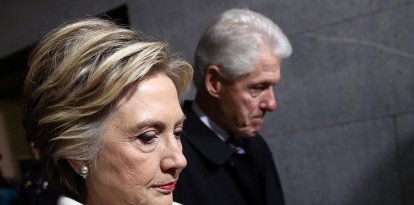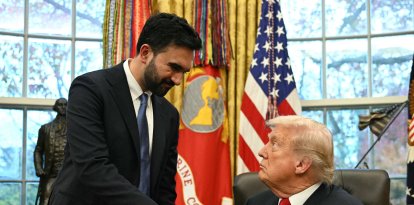DOJ sues Texas over Rio Grande buoy barriers
The lawsuit asserts that the installation of buoys impedes the navigability of the river and violates the Rivers and Harbors Law.

(Office of the Texas Governor)
Greg Abbott's administration is facing a federal lawsuit after the Justice Department made good on its promise Monday. The DOJ warned in a notice sent to the Governor of Texas that it would take legal action against the state if the state did not remove its buoy barrier from Rio Grande waters. The barrier serves as a deterrent to prevent illegal immigrants from crossing through the water.
Abbott released a statement the same Monday in which he challenged the Biden Administration. The Republican governor assured that he would not remove the buoy barrier, which he described as a legitimate measure of the state of Texas to protect its borders, in an immigration crisis "provoked" by the Biden Administration. According to Abbott, this is a constitutional right. The DOJ had given the Texas Administration until Monday to bow to its threat. "Texas will see you in court," Abbott wrote in his response.
“We allege that Texas has flouted federal law by installing a barrier in the Rio Grande without obtaining the required federal authorization,” said Associate Attorney General Vanita Gupta. “This floating barrier poses threats to navigation and public safety and presents humanitarian concerns. Additionally, the presence of the floating barrier has prompted diplomatic protests by Mexico and risks damaging U.S. foreign policy.”
Section 10 of the Rivers and Harbors Law
The Justice Department's lawsuit, which was filed in Austin, is based on the Rivers and Harbors Act, which regulates the use of the country's public waterways. According to section 10 of the act, the installation of means that impede the navigability of the waters of the river is prohibited. The buoy barrier would fall under the assumptions prohibited by section 10 of the law.
According to the law, federal authorization is required from the Secretary of the Army, a bureau of the Department of Defense, acting on behalf of the Corps of Engineers. Since the State of Texas did not have this authorization, the DOJ asked a federal judge in Austin to remove the barrier.

























